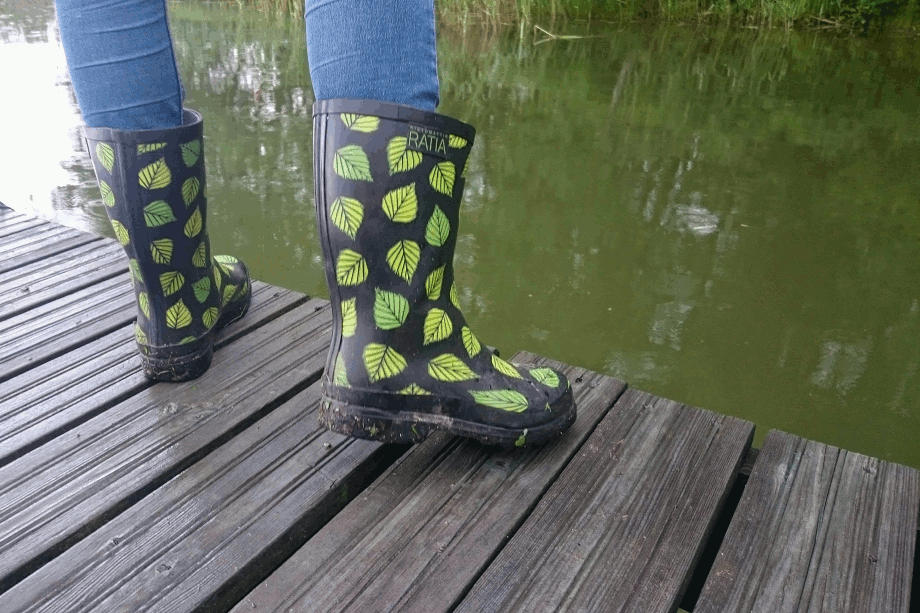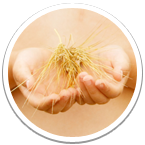Blue-green algae or cyanobacteria

Even good quality bathing water may become contaminated, sometimes as the result of the actions of beach users. Norovirus-induced diarrhoea and vomiting may be the result of swallowing bathing water contaminated by a swimmer’s intestinal microbes during bathing. Noroviruses may spread in a beach environment also through poor hand hygiene due to not washing one’s hands properly after going to the toilet.
Bathing water may become temporarily contaminated for the following reasons:
- Microbes from the faeces of bathers
- Wastewater leakage drifting to the beach
- Faeces of wild animals or livestock on a pasture located close to the beach
- Stormwater from built-up areas
- Impurities leached from the soil by heavy rain or floods
- Chemical pollution, such as an oil spill
Blue-green algae can become abundant if conditions in bathing water are favorable.
Do not use water with blue-green algae
The use of water should always be restricted if blue-green algae is visibly perceptible in the water. Some species of blue-green algae produce toxin. In addition to toxin, blue-green algae are also capable of producing skin irritants. If you suspect that you have been bathing in water containing blue-green algae, wash yourself with clean water after bathing.
If the water contain blue-green algae:
- The water must not be used as drinking water by humans or animals even after boiling
- Do not use blue-green algae water in the tub
- Do not use for washing dishes
- Do not use for washing
- Do not use in the sauna
- Do not use in the irrigation of edible plants
- Bathing in water containing algae should be avoided, and children and pets must not be allowed in the water.
Blue-green algae may cause red or itchy skin, oral or nasal symptoms, vomiting and diarrhoea. The symptoms usually manifest within a few hours of exposure to blue-green algae. If symptoms of exposure to blue-green algae are detected, the skin and eyes must be washed thoroughly with plenty of clean water. If necessary, the Poison Information Centre provides further instructions, tel. +358 800 147 111.




